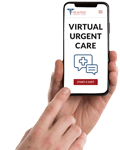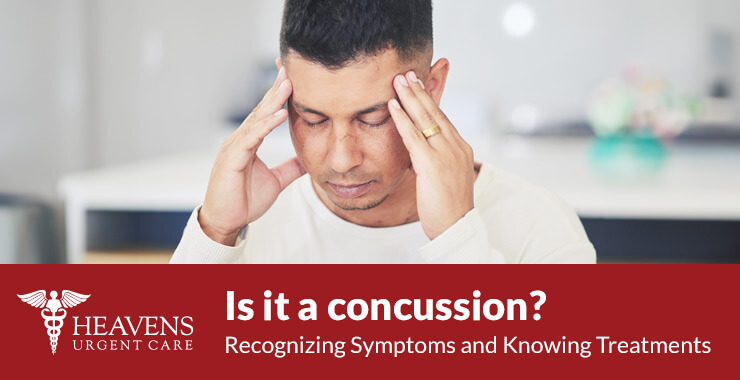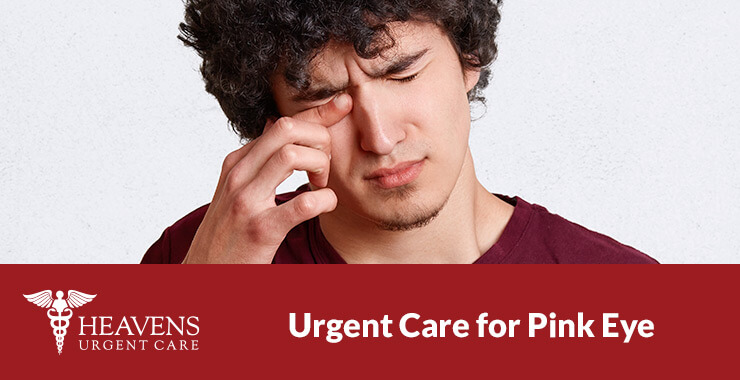The daily stresses of our hectic lives, the food we eat, and the complexities of work and family have can cause greater sensitivity to stomach acid, but there are ways to eliminate that uncomfortable nighttime heartburn.
Heartburn symptoms include:
- Burning sensation in the throat or chest
- Regurgitation of stomach contents into the mouth
- Sore throat or hoarseness
- A feeling that food is stuck in the throat
- Nausea or vomiting

The following are 6 proven ways to lower or eliminate the risk of nighttime heartburn.
1. Stop Eating for Two or More Hours Before Bedtime
Fasting will give the stomach enough time to move food along through the digestion process and help reduce possible pressure on the lower esophageal sphincter, or LES when laying down.
2. Mindful Eating
Slower, mindful eating helps with the digestion process and gives the body time to know when it’s full. Eating too much causes pressure on the LES leading to acid reflux.
3. Avoid Foods That Trigger Heartburn
These trigger foods generally cause increased acid in the stomach, irritate the esophageal lining, weaken the closure of the LES. Keep away from:
- Milk, cheese, butter, ice cream
- Onions, garlic, shallots
- Tomatoes and citrus
- Coffee and caffeinated sodas
- Chocolate and candy
4. Practice Relaxation
5. Sleep on Your Left Side
Sleeping on your left side to reduce heartburn symptoms. When you lay on your left side you lower the position of the stomach and digestive tract. This prevents your stomach contents from placing as much pressure on the LES.
6. Lose Excess Weight
Excess weight2 places pressure on the LES which can cause the ring-like muscle to open and weaken over time, releasing stomach acid into the esophagus.

When Heartburn Becomes Something Serious
Make an appointment with a medical professional if you experience frequent or constant heartburn that lasts more than twice a week.
There are many different over-the-counter medications to help treat heartburn and acid reflux. Some of the most common include antacids like Tums, famotidine or Pepcid, and omeprazole, known as Prilosec. If these medications don’t work and your symptoms persist, it’s important to see your doctor since you may have GERD, or Gastroesophageal reflux disease.
Abdominal pain
If you experience severe bloating and abdominal pain in addition to heartburn, you may have gastritis. Gastritis is inflammation of the stomach lining and may be caused by bacteria, infection, chronic vomiting, or excessive use of alcohol or non-steroidal anti-inflammatory drugs such as aspirin or ibuprofen.
Nausea or Vomiting
Nausea and vomiting may be signs of GERD, a hiatal hernia, or esophagitis. Regurgitation of the stomach’s contents often results in a “sour taste” in the mouth that causes some people to feel nauseated. If you experience severe pressure or chest pain, especially in combination with extreme nausea or vomiting, pain in the jaw, neck, or back, or difficulty breathing, seek emergency medical help immediately as this may be a sign of a heart attack.
Hiccup or Cough
A tickly, persistent cough or hiccup may be a sign of a hiatal hernia, a condition in which part of the stomach slips through a hole in the diaphragm. The diaphragm’s small opening is the place through which the esophagus passes. If a part of the stomach slips through this opening, it can lead to severe heartburn.
Sick Today? Get Seen Today.
At Heavens Urgent Care, you can walk in during our open hours and be seen. If you choose to walk in, please call the clinic first to understand the current wait time and if there is availability.
We not only provide adult and pediatric care, but we are also an autism certified medical facility. We provide help with minor illnesses and injuries such as coughs, flu, ear or sinus infections, fevers, rashes, small cuts, minor broken bones, and joint sprains.






